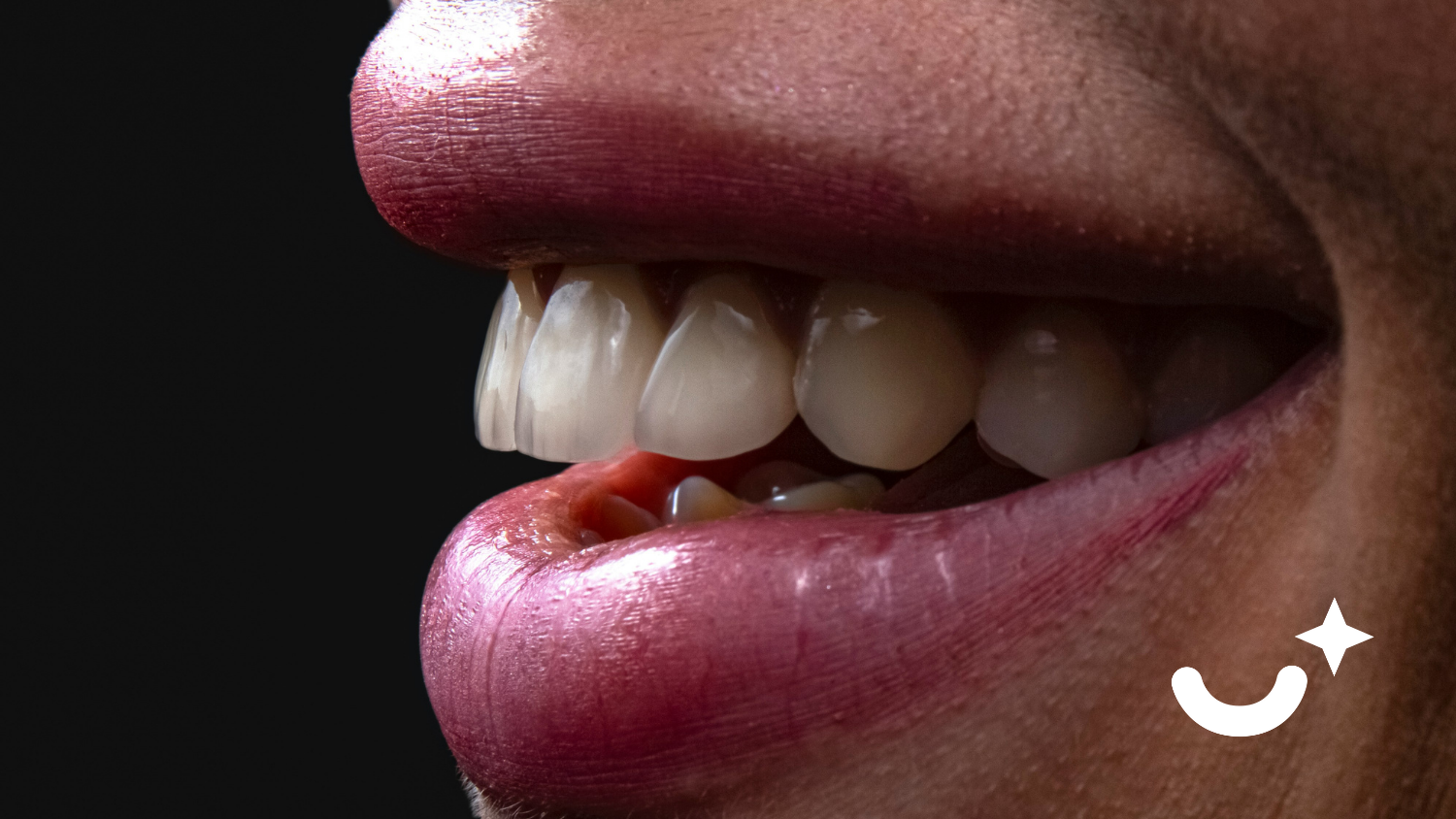Teeth Under Pressure: The Hidden Dangers of Abrasion
Teeth abrasion is a form of dental wear that occurs when the outer layer of the tooth, called enamel, is worn away due to mechanical actions. Unlike erosion (caused by acids) or attrition (caused by tooth-to-tooth contact), abrasion results from external factors such as aggressive brushing or abrasive substances.
Common Causes of Teeth Abrasion:
Overbrushing: Using too much force while brushing or using a hard-bristled toothbrush.
Abrasive Toothpastes: Some whitening or charcoal-based toothpastes can wear down enamel.
Using Teeth as Tools: Biting nails, opening bottles, or holding objects between teeth.
Frequent Use of Toothpicks or Hard Flossing: Can cause damage at the gumline.
Occupational Habits: Tailors, carpenters, and others who hold tools in their mouths are at risk.
How Teeth Abrasion Harms Teeth and Gums:
Loss of Enamel:
Leads to increased tooth sensitivity, especially to hot, cold, or sweet substances.
Makes teeth more prone to decay and cavities.
Exposed Dentin:
Dentin is softer than enamel and wears away faster once exposed.
Can cause pain and increase the risk of infection.
Gum Recession:
Aggressive brushing or flossing can cause the gums to recede, exposing tooth roots.
This not only looks unaesthetic but also increases sensitivity and decay risk.
Tooth Shape Changes:
Teeth may become flattened, notched, or indented near the gumline.
Can affect bite alignment and overall oral function.
Restorative Needs:
Advanced abrasion may require dental fillings, bonding, or crowns to restore form and function.
Prevention Tips:
Use a soft-bristled toothbrush and gentle brushing technique.
Choose non-abrasive toothpaste approved by dental professionals.
Avoid using your teeth as tools or chewing on hard objects.
Maintain regular dental checkups to detect early signs of wear.
Teeth abrasion is preventable with proper oral hygiene and habits. Early detection and intervention can help preserve your natural teeth and avoid long-term dental issues.



